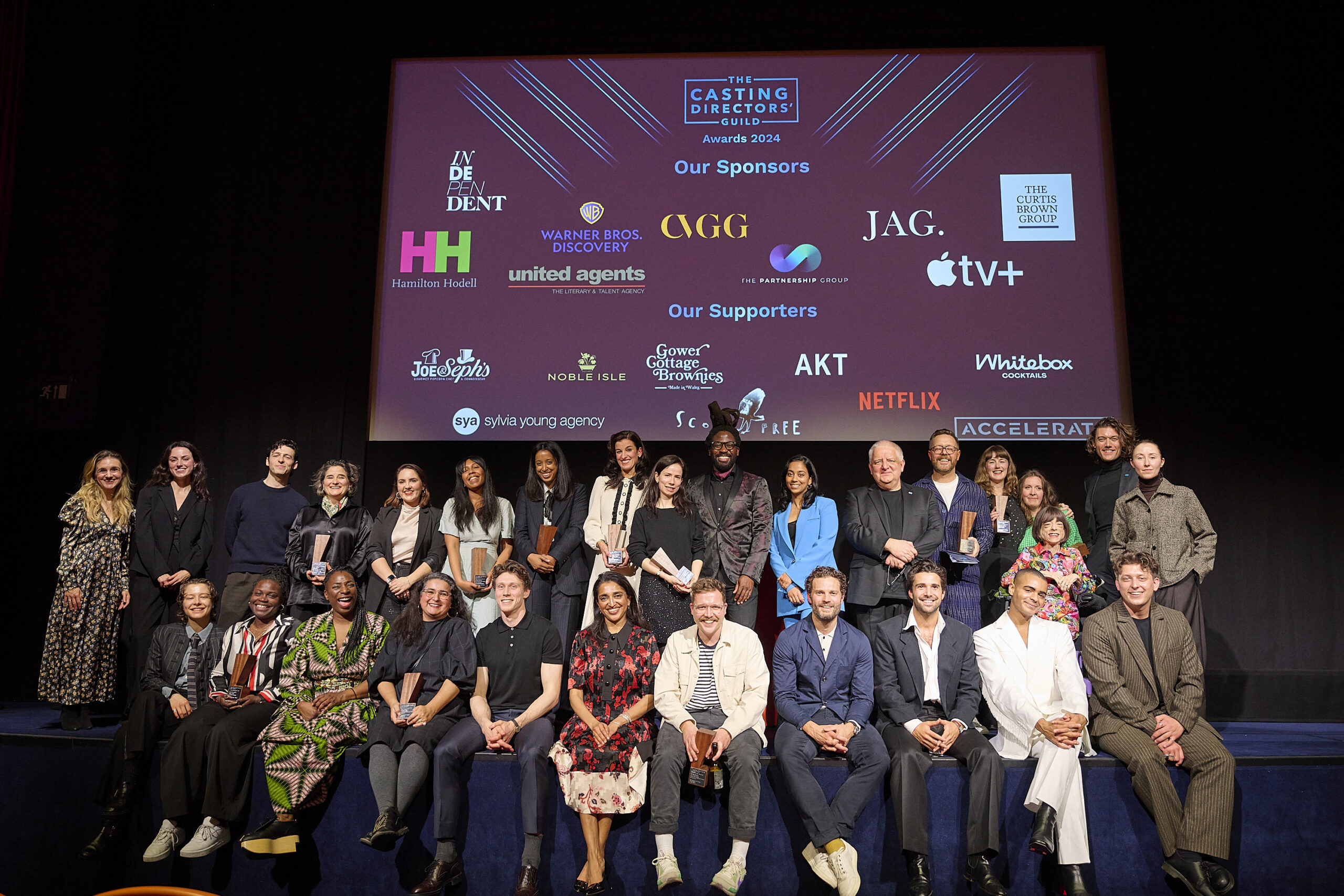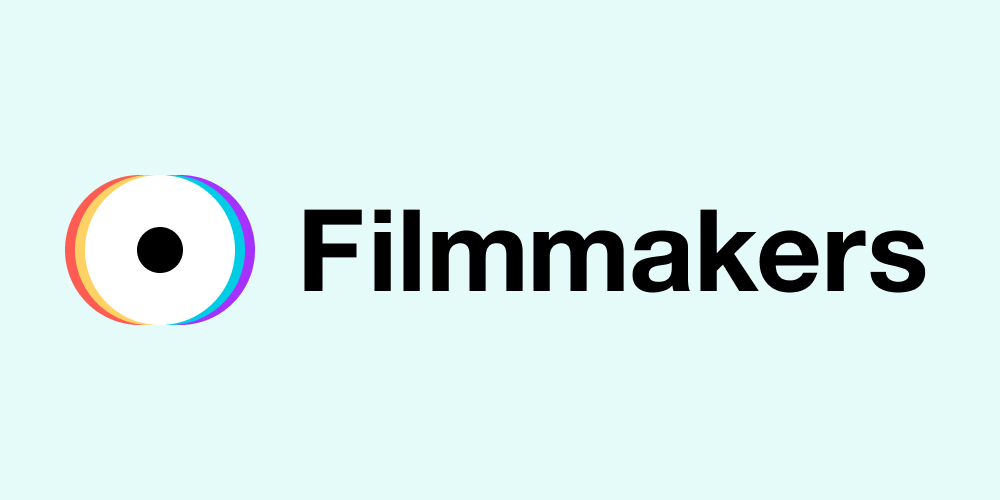Actor and Voice Over Artist Sandra Gayer explains how due diligence can streamline your audition process, saving you time and energy to spend on actual jobs.
“What do you do?”
“I audition full time!”
Does that send a chill down your spine? It does for me! Some performers get stuck in an audition rut. But what if you could target auditions, and apply for the projects which suit you most? Stop kissing audition frogs while the princely jobs pass you by! The secret? Due diligence.
“What is due diligence?” I hear you ask. Let’s alter the business definition for performers: ‘an investigation or audit of a potential role and the surrounding production’. It also describes the care and attention applied. Up for a musical or movie, voice over or rehearsed read? Carrying out due diligence is essential.
Picture this: an 18-year-old wants to be seen for Christine in ‘Phantom 2’. Anyone who has seen it or, at the very least, read a short plot summary, knows Christine has a ten-year-old son and is, at minimum, 30 plus. An auditionee as young as our friend would be summarily dismissed. However, if she had done any research, she could have saved herself time and possible reputational damage.
Feel free to expand on the suggested due diligence process below as you get used to the steps of this dance. At any stage, you can stop… or decide that this is really your number!
Read, Research, Rehearse, Reassess.
Read and analyse the brief from every conceivable point of view. Are you suitable? Does the role suit you? You know what suits you and what doesn’t. If you don’t, you may need assistance identifying the key. Ask a friend, family member, colleague, your agency or indeed, Spotlight’s sensational resources. I’m a blind African artist; unsuitable for numerous roles, while others don’t suit me either. I don’t apply for any roles involving sexual contact and seldom audition for ‘anyone’ roles: male/female, 16-99. What are you not prepared to do? Why? Consider logistical issues; as a blind actor, am I going to audition for a role in Rhyl when I live near London?
Research. It goes without saying that the more background information you have, the more insightful ‘acting choices’ you have in your arsenal. Investigate the character. How do they fit into the production? Sometimes the casting director doesn’t know what they want and there’s nothing but a vague, two-line brief. They will have had other projects; find out what their look and feel were. If there’s no full play script, detailed character breakdown, or plot summary on or offline, do your best with the available information. Don’t be afraid to ask for more from the casting team, whether there’s an NDA or not.
Rehearse. Now you’re armed with everything you need to perform. Time to test-run via cold reading, at least once. Record, if possible, so you can watch objectively, becoming your own casting director. Get someone impartial to help with objectivity.
Based on this performance, ask yourself:
– Are they up to standard?
– Do they look credible as the character?
– Can they follow given directions?
– Can they make intelligent acting choices?
– Can you imagine them in the role?
– Would you cast them?
Be honest with yourself!
Reassess. If you’ve decided to audition, let’s make sure you get it right! I have attended many events where people casually talk about spending ‘all day’ making a self-tape. This may seem radicle but, if you’ve done your due diligence comprehensively, up to three takes should be all you need. Sometimes the take may be your first! Think about it: during the face-to-face days, we had a mere ten-minute allocated audition slot to make that all-important first impression. Yet, in our own homes, we spend hours recording and editing, simply to create the performance we used to achieve in a matter of minutes.
It may help to imagine you’re performing live, and having a couple of people present, even if they are acting as your reader and camera operator, will help create the feeling of a genuine audience. Treat auditions like real roles; I give them the time, care and attention to detail I give to paid work. I do the best job I can, within a reasonable timeframe, as if I were live on stage – my first take is my last!
Rejection works both ways. You can decide not to apply for a part if it’s a career dead-end. If you really want a job, auditioning at your best is a given. “But Sandra”, you shriek at your computer. “I have financial responsibilities. I can’t wait for the prince; I must chase everything that hops! Right?” Wrong. If you have a ‘traditional’ job that works for you (negotiable time off, flexible hours), your performance will be superior to the candidate who is stressed due to no recent acting work, desperate for the role, needing the job.
As you carry out thorough due diligence, it becomes easier to imagine the person the casting team wants in the role. Often, you can see them in your mind’s eye. You need to respect yourself enough to spurn the opportunity if that person isn’t you. Conversely, once you decide to audition, pull out all the stops. Dress yourself in your finest mental and physical costume, go to the ball in style… and enjoy!
 Born in Zambia and blind/visually impaired almost from birth, Soprano Singer, Actor, Radio Broadcast Presenter and Voice Over Artist Sandra Gayer was trained in Voice, Piano and Braille Music at the Royal College of Music. Using her voice in every area of her career, Sandra has appeared in a wide variety of arenas including: theatrical and classical productions, TV and radio broadcasts. Sandra was a guest soloist on BBC Radio 3 and the voice of Poem in J.K. Rowling’s The Christmas Pig. Sandra also performed at The House of Commons, The Other Palace Theatre as Calliope in the musical Orpheus the Mythical, and at The Royal Albert Hall as a principal soloist in the opera Magna Carta – The Freedom Game. Make sure to catch Sandra in Inside No.9 (Series 5, Episode 5) on BBC iPlayer.
Born in Zambia and blind/visually impaired almost from birth, Soprano Singer, Actor, Radio Broadcast Presenter and Voice Over Artist Sandra Gayer was trained in Voice, Piano and Braille Music at the Royal College of Music. Using her voice in every area of her career, Sandra has appeared in a wide variety of arenas including: theatrical and classical productions, TV and radio broadcasts. Sandra was a guest soloist on BBC Radio 3 and the voice of Poem in J.K. Rowling’s The Christmas Pig. Sandra also performed at The House of Commons, The Other Palace Theatre as Calliope in the musical Orpheus the Mythical, and at The Royal Albert Hall as a principal soloist in the opera Magna Carta – The Freedom Game. Make sure to catch Sandra in Inside No.9 (Series 5, Episode 5) on BBC iPlayer.
Headshot by Christine Barrass
Main image by Nick Morrison on Unsplash












